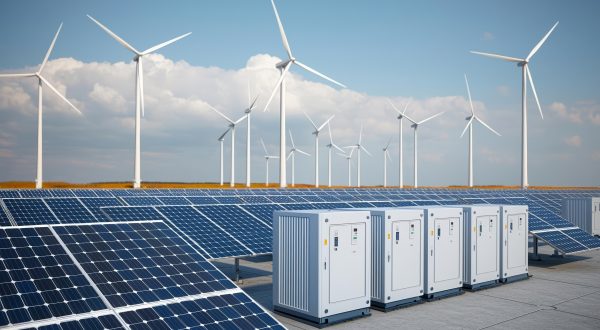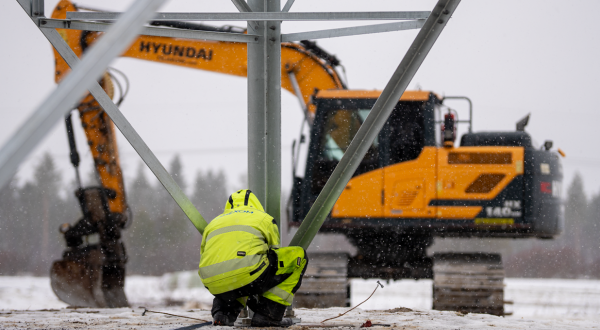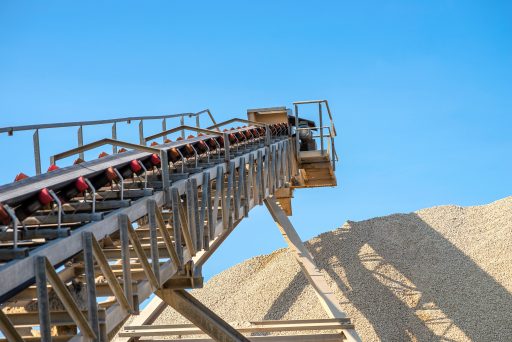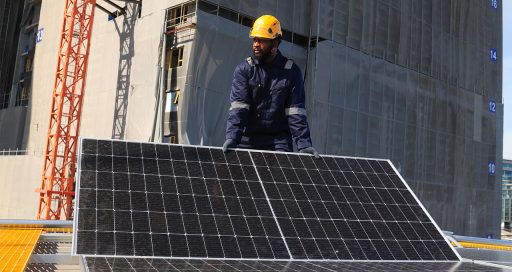From port to factory – an automated conveyor control system for biomass
Reading time: 3 min
As part of a project to convert a former coal-fired power station in the UK into a sustainable electricity production plant, an Actemium business unit rolled out a solution to optimise transportation of the low-carbon raw material.
![]()
The former coal-fired power station at Lynemouth, on the Northumberland coast in northeast England, has been converted into a low-carbon sustainable electricity production site powered by biomass. Part of the installation is a supply chain based on a biomass fuel handling system.
This installation on a Tyneside port site is used to unship biomass in the form of wood pellets. Material arrives by ship and is transhipped via conveyors before being deposited in three storage silos, from where the biomass is transferred (again by conveyor) to a rail loading silo for transportation by train to the electrical plant in Lynemouth.
Complex system
Actemium Automation Yorkshire (VINCI Energies), based in Huddersfield, was responsible between 2016 and 2018 for automating the process control system for biomass transfer and storage.
The aim was to help operators ensure correct loading quantities and monitor the biomass moisture content, CO2 level and temperature in the silos. The control system also allows monitoring of safety features such as the spark arrestor and fire prevention systems on each conveyor.
Several dozen companies were involved in the project. “Integrating the efforts of several suppliers and customised equipment was our biggest challenge in designing the control system”, says Mark Campbell, Business Unit General Manager at Actemium Automation. “We had to interface with some systems that we only found out about during implementation of the project”.
Agile working
The Actemium Automation Yorkshire teams also had to adapt to changes in the ongoing project, in fields other than their own, for example due to inadequate or incompatible components. The result? An outstandingly agile system!
“Integrating the efforts of several suppliers and customised equipment was our biggest challenge”
“We developed, tested and commissioned a control system composed of Allen Bradley GuardLogix and ControlNet Remote IO automated safety controllers, with Wonderware SCADA software operated from a dedicated control room in the port”, adds Mark Campbell.
The system connects to the electrical plant in real time to allow personnel to monitor transport and storage of the biomass wood pellets, and to oversee the process from factory to port. The site can process up 850 tonnes per hour. It currently generates enough clean energy to power the equivalent of around 450,000 households in this region of England.
13/10/2022





